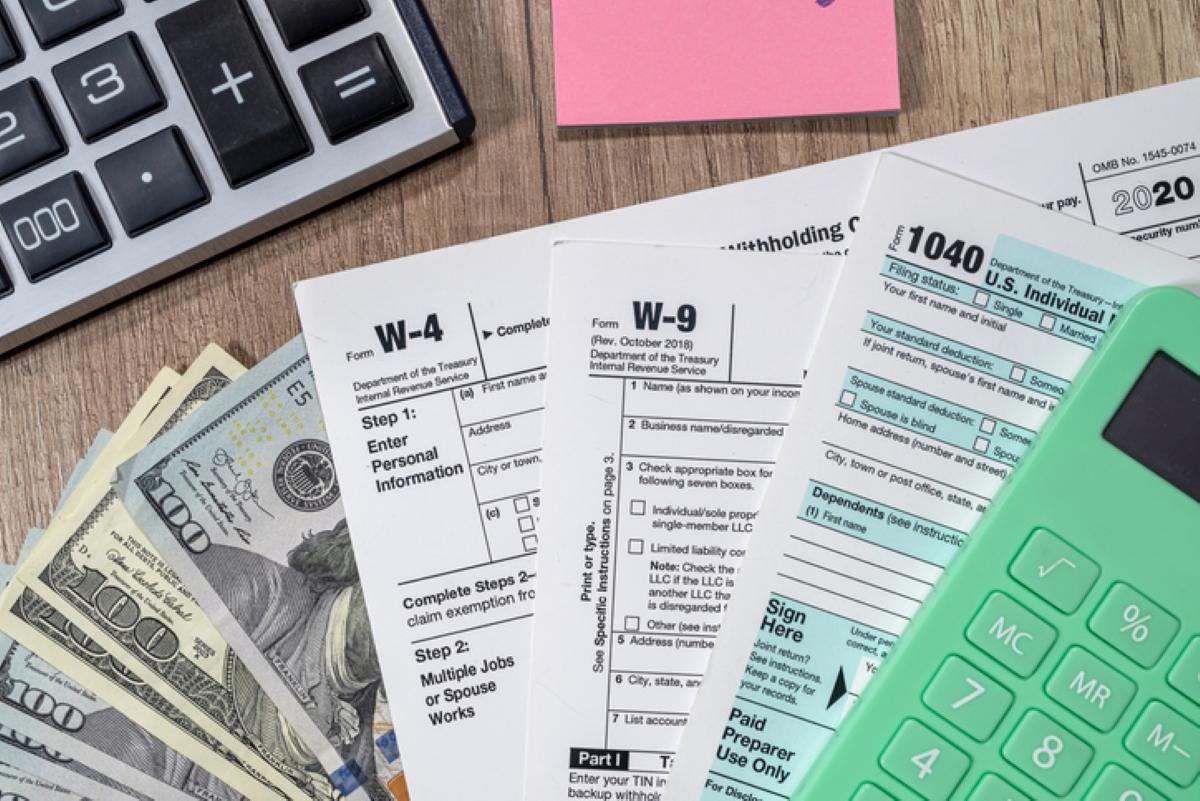How Long You Should Keep Financial Documents — Timeline, Explained
If you've got a drawer full of tax records and documents and want to start shredding, you may wonder how long should you keep financial documents.
April 7 2023, Published 10:06 a.m. ET

Whether you save everything or shred it, there are many financial documents you need to keep for a certain amount of time depending on the action, event, or expense which it records.
From taxes to financial documents and insurance papers, there are many times you may need to retrieve documents quickly and it's important to know what should always be on hand and for how long.
Getting papers organized now can save you time and hassle. So, how long should you keep financial documents?
How long should you keep financial documents?
The length of time you should keep a document depends on many different factors such as the type of document, event, action, or expense that it records. While you may immediately think of taxes, it's a great idea to keep documents for a certain amount of time that support your income, tax deductions, receipts, insurance claims, bank account statements, and more.
Here's a guide to help you find out how long you should keep financial documents.
Seven years or more: It's best to keep all of the records related to taxes for at least seven years. The IRS has up to three years to audit a tax return, or two years after you've paid taxes. However, there are circumstances where they can go back as far as six or seven years, like if you underreported income by 25 percent or more.
Keep your tax returns on hand, just in case you're audited, and save documents that verify the amount on your returns like a W-2, 1099, receipts, and payments.
You should keep titles and other ownership documents such as a home title, mortgage contracts, investment statements, and property repair receipts for as long as you own the property or investment.
One year: Documents to keep for one year include non-tax-related bank and credit card statements, pay stubs, and receipts for large purchases. The FTC also suggests you hold on to paid medical bills, just in case you have an unresolved dispute. And keep utility bills for about a year.
Less than a year: Don't worry about clutter. You can get rid of your other receipts unless they pertain to products under warranty, your tax returns, or insurance claims. Feel free to trash your monthly bills after they're paid or you've been credited. Banks don't normally return cancelled checks, but if they do, you should keep the ones related to tax returns for about a year.
Keep forever: There are some records and documents you absolutely want to keep forever, and they include:
- Birth certificates
- Social Security cards
- Marriage certificates
- Inheritance documents
- Beneficiary forms
- Death certificates
- Passports
- Wills
- Powers of attorney
- Legal filings
- Retirement and pension plans
- Adoption papers
- Military records
Where should I store my financial records?

Tax documents, cash, and a calculator
To store financial records and reduce clutter, it's important to create a reliable system to keep them safe and organized. Make sure your storage solution is easily accessible and protected from theft and damage.
Electronic storage: Many institutions and businesses let you opt for electronic billing and statements. For other documents, use a scanner or take photos of the documents with your phone and upload to a digital storage solution like an external hard drive, HDDs, SDDs, or a flash drive.
Or try cloud-based storage solutions like Dropbox, Google Drive, iCloud, Amazon Cloud Drive, Box, and more.
Paper storage: If you'd rather use a filing cabinet, use folders to organize your paperwork by subject, year or another method. For your most important documents, you may want to consider a waterproof and fireproof home safe or a simple lockbox you can grab and go.
Safe deposit boxes used to be another popular option, but they aren't as common anymore.

